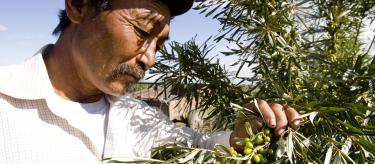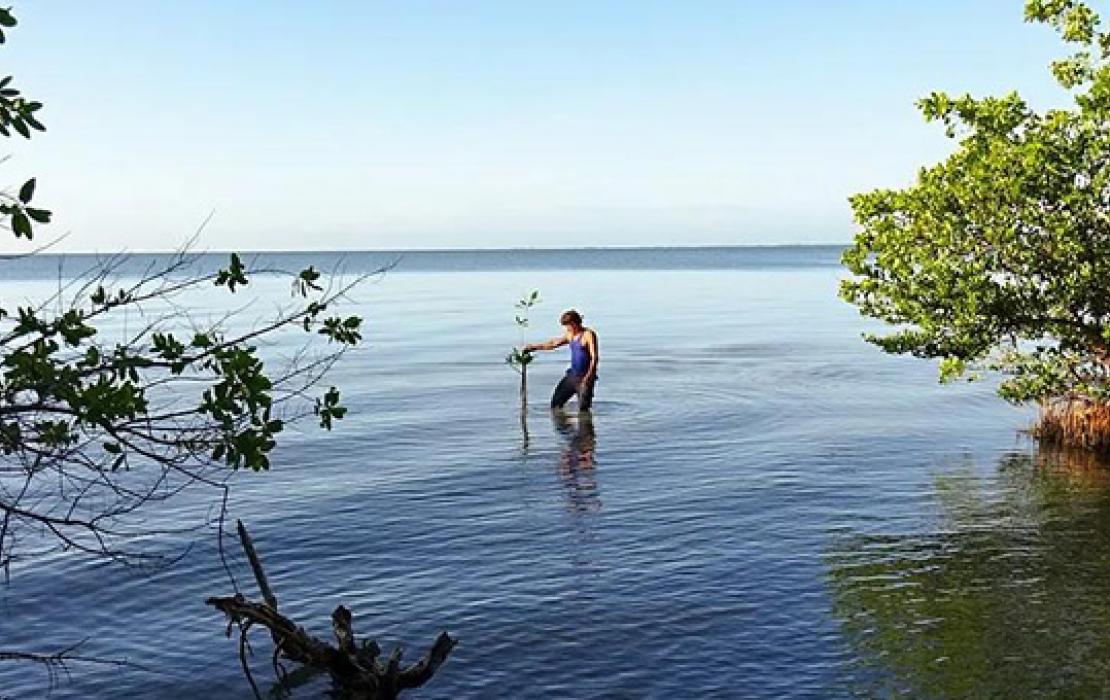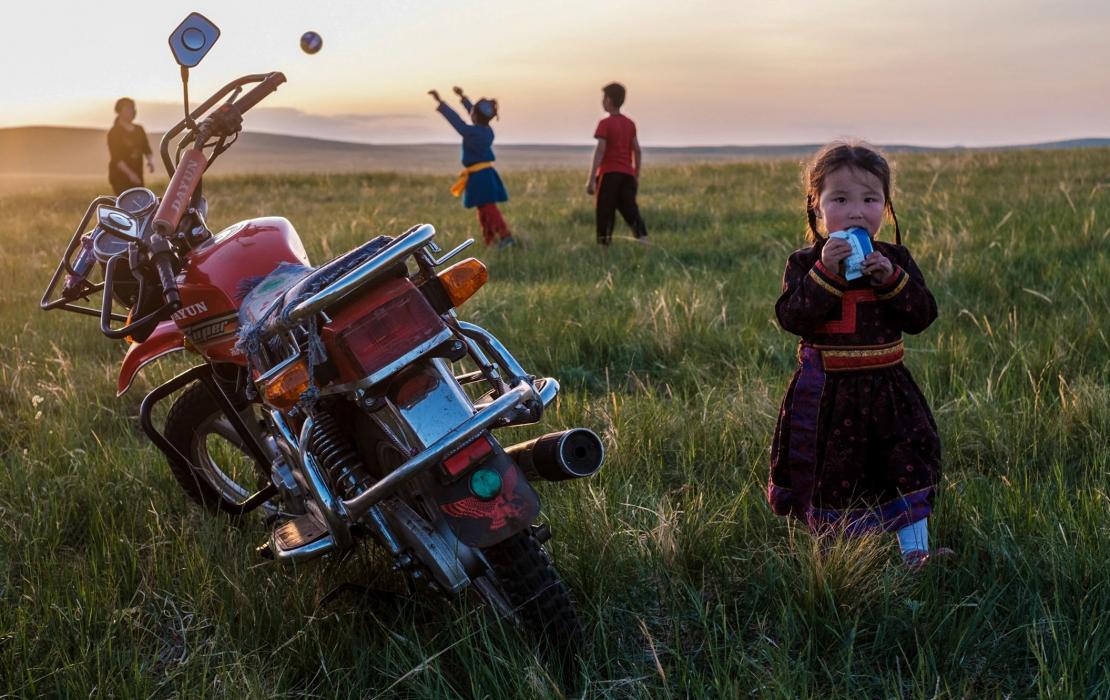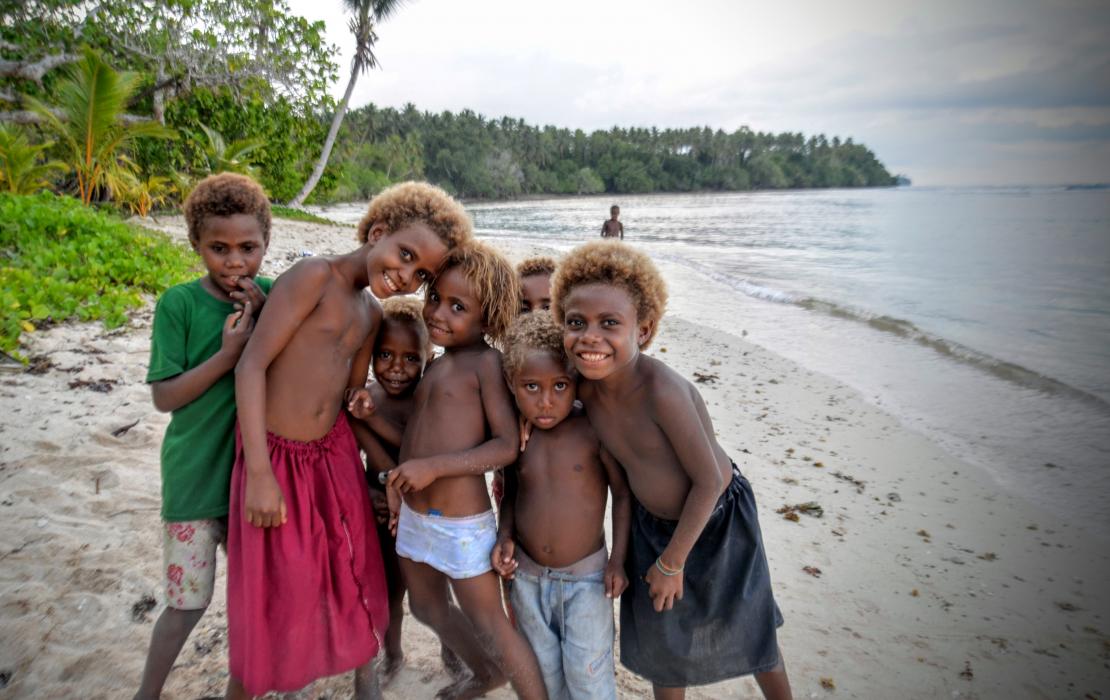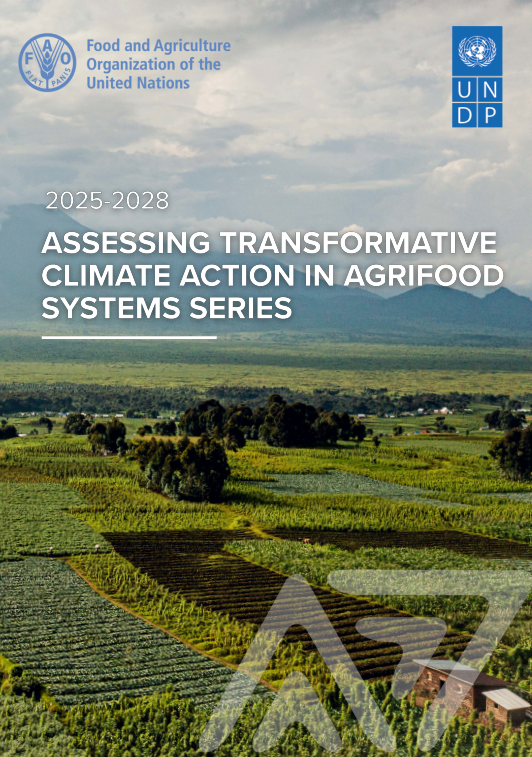0.16%
Share of global GHG emissions
Based on data from Climate Watch (CAIT 2020), developed and maintained by the World Resources Institute. #59
Climate Vulnerability Index ranking
A higher number means a higher vulnerability to climate change. Based on the ND-GAIN Index (2021), developed by the University of Notre Dame. #96
Human Development Index ranking
A lower number means a better human development score. Based on the Human Development Index (2021), developed by UNDP. NDC Status
Mongolia submitted its revised NDC in October 2020.
Key highlights from the NDC
- Mongolia enhanced its mitigation ambition with a conditional emissions reduction target of 27.2% by 2030 compared to business as usual.
- The country also set an unconditional emission reduction target of 22.7% by 2030 compared to business as usual.
- In addition, an optional component on forestry was included that would push total greenhouse gas emissions reduction to 44.9% by 2030.
- The revised NDC also increased sectoral coverage in agriculture, waste and some industrial sectors.
- The NDC targets are aligned with the national development strategy and policy framework.
Adaptation and resilience areas in the NDC
- Agriculture
- Water
- Forestry
- Biodiversity
- Health
Latest Publications
See allHow the SCALA programme supports countries in advancing their climate goals through policymaking in the agriculture and land-use sectors.
